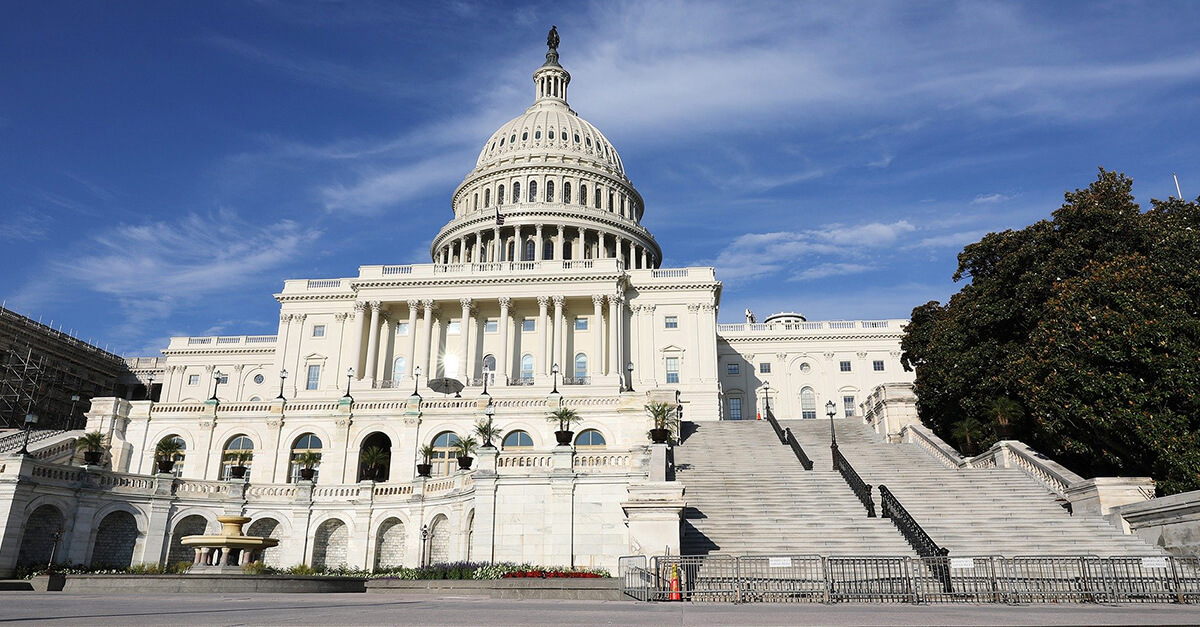
April 3, 2020
The recently passed Coronavirus Aid, Relief, and Economic Security (CARES) Act (P.L. 116-136) included an unprecedented $2 trillion in much-needed relief for a broad range of businesses. In an NBAA News Hour webinar held April 3 and moderated by NBAA’s Senior Director of Government Affairs Scott O’Brien, three experts walked attendees through key provisions applicable to aviation businesses, including tax, loan and grant provisions.
Jorge E. Castro and Andy L. Howlett, both with Miller & Chevalier, talked through important tax implications of the CARES Act. These include certain net operating loss (NOL) relief provisions and interest expense deduction limitation relief.
Of particular interest to commercial aviation operators, federal excise tax for passenger commercial air transportation is suspended through the end of 2020. Also suspended is the 4.3 cent per gallon excise tax on kerosene used in commercial aviation. The 0.1 cent per gallon Leaking Underground Storage Tank (LUST) tax still applies. This suspension does not apply to aviation gasoline, nor are Part 91(K) fractional operators eligible for either excise tax suspension.
Castro advised attendees more tax-related provisions could be coming in future legislation, saying, “The severity and duration of crisis will determine the tax provisions being considered going forward.”
Mary Comazzi, counsel at Barnes & Thornburg, LLP, provided background on utilizing Small Business Administration (SBA) loans during the COVID-19 outbreak, focusing on two major programs: the Paycheck Protection Program (PPP) and Economic Injury Disaster Loans (EIDL).
PPP loans are available to small business with fewer than 500 employees, sole proprietorships, independent contractors and other specific organizations. These loans have very favorable terms and part or all of the loan can be forgiven if the funds are used for authorized expenses, including payroll expenses, interest on mortgages, rent or utilities, if those commitments were made prior to Feb. 15, 2020.
Another loan option for small businesses is an Economic Injury Disaster Loan (EIDL). The CARES Act expanded eligibility requirements for these loans to closely mirror PPP eligibility. These loans carry higher interest rates than PPP loans and are based on economic injury as a result of COVID-19, primarily loss of revenue. However, these loans are not intended to replace profits.
“We expect millions of these applications to be filed and we don’t have any visibility as to how long it will take to process them,” said Comazzi, adding that applying for a particular loan does not obligate you to eventually accept funds, so it can be advantageous to submit applications while awaiting more guidance.
Finally, O’Brien explained the Payroll Support Program – a grant program available to air carriers. The CARES Act defines “air carrier” broadly, essentially covering any business providing air transportation for hire. The Payroll Support Program allows passenger air carriers to cover employee salary payments.
Learn more about the Payroll Support Program and other provisions of the CARES Act.
The April 3 CARES Act webinar is merely an introduction to the subject matter and is not a comprehensive analysis of legal or tax matters. NBAA members are urged to contact their legal and tax advisors to address their specific business and personal needs. Further, guidance is pending on many CARES Act provisions, so members should consult the most recent information.
This webinar is just one in a series of educational opportunities NBAA has planned for the coming weeks. To learn more, visit the NBAA News Hour webpage.


 International Business Aviation Council Ltd.
International Business Aviation Council Ltd.